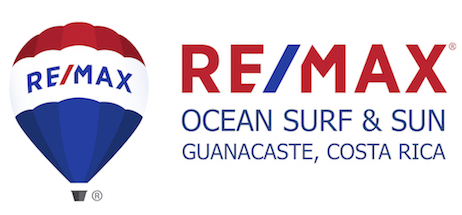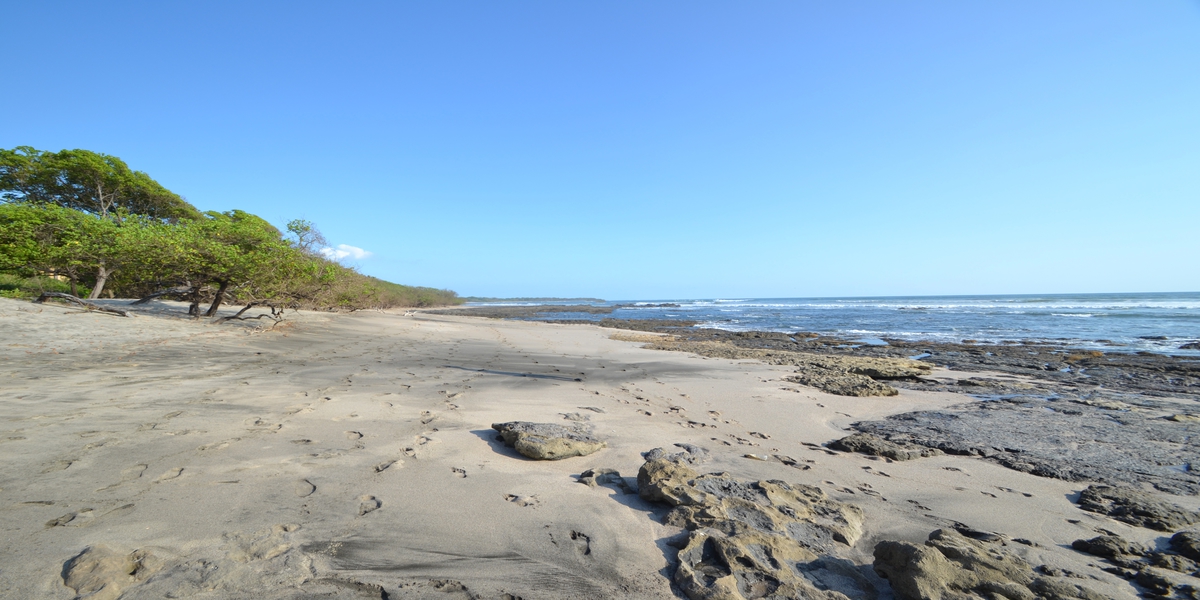What is the Maritime Zone, and what does the term mean for me as a potential buyer of beach front property in Costa Rica?
In Costa Rica almost 95% beachfront property is concession property and is governed by the Maritime Zone Law as well as other regulations. The following is intended as general overview of how the Maritime Zone is defined and treated in Costa Rica. If you are contemplating purchasing beach front Costa Rica real estate, you should have your attorney provide a detailed explanation of Maritime Zone Law and other regulations governing beachfront property in Costa Rica. The other 5% of beachfront properties are titled, probably acquired a long time ago or within a certain period of exception in the 70's.
Where is the Maritime Zone?
The first 200 meters measured horizontally from the high tide line defines the boundary of the maritime zone. The maritime zone includes islands, pinnacles of rock, mangroves, estuaries, and any small natural formation that overcomes the level of the ocean. This 200 meters is divided into two zones, the Public Area and the Restricted Area.
The first zone, called the Public Area, is the first 50 meters measured horizontally from the high tide mark. Property within this zone is not available for ownership of any kind. No form of development is permitted within the Public Area except for construction approved by government entities. The area is deemed public since any individual wishing to utilize this area for enjoyment has the right to do so. Thus, in Costa Rica, there is no such thing as a completely private beach.
Beachfront properties have fee simple titled properties in this zone, which means that the conditions for ownership of these properties is the same for both foreigners and Costa Ricans. The concept of fee simple property is similar to North America and Europe. The owner of fee simple property has the absolute right to use the property, sell it, lease it, and improve it. The owner is subject only to the conditions specified in Costa Rican law.
What is concession property?
In essence a "lease" on the property is granted to the lessee for a specific period of time. An owner of a concession may build on that concession property, subdivide it and perform other acts to the property. Of course, as with other property in Costa Rica, appropriate permits must be obtained from the local municipality. The typical property taxes on a titled property in Costa Rica is 0.25% of the fiscal value or purchase price, the highest amount between both. However, there are no property taxes on concessions but there's an annual fee of 2.5% of the property value charged, called "canon".
Can foreigners possess concession property in the Restricted Area?
Unlike fee simple ownership, Costa Ricans and foreigners are treated differently when it comes to purchasing concession property. If a foreigner is resident rof Costa Rica for at least five years, he or she may be permitted to have majority ownership of concession property. Foreigners who have been residents of Costa Rica for less than five years are usually permitted to possess only minority ownership of a concession property. Many foreigners first form a Costa Rican corporation, and this Costa Rican corporation must have at least fifty percent of its shares held by a Costa Rican Citizen.
Are concession properties registered in the Public Registry of Properties?
Like fee simple property, concession property should be registered in the Public Registry of Properties. Avoiding the purchase of a concession property that is not duly registered in the Public Registry of Properties is strongly recommended. Your attorney should be able to confirm for you through the Public Registry of Properties whether your beach property has been registered, and whether the property is available for fee simple or for concession ownership. Your attorney should also be able to answer any more detailed questions you might have about property ownership within the Maritime Zone.






